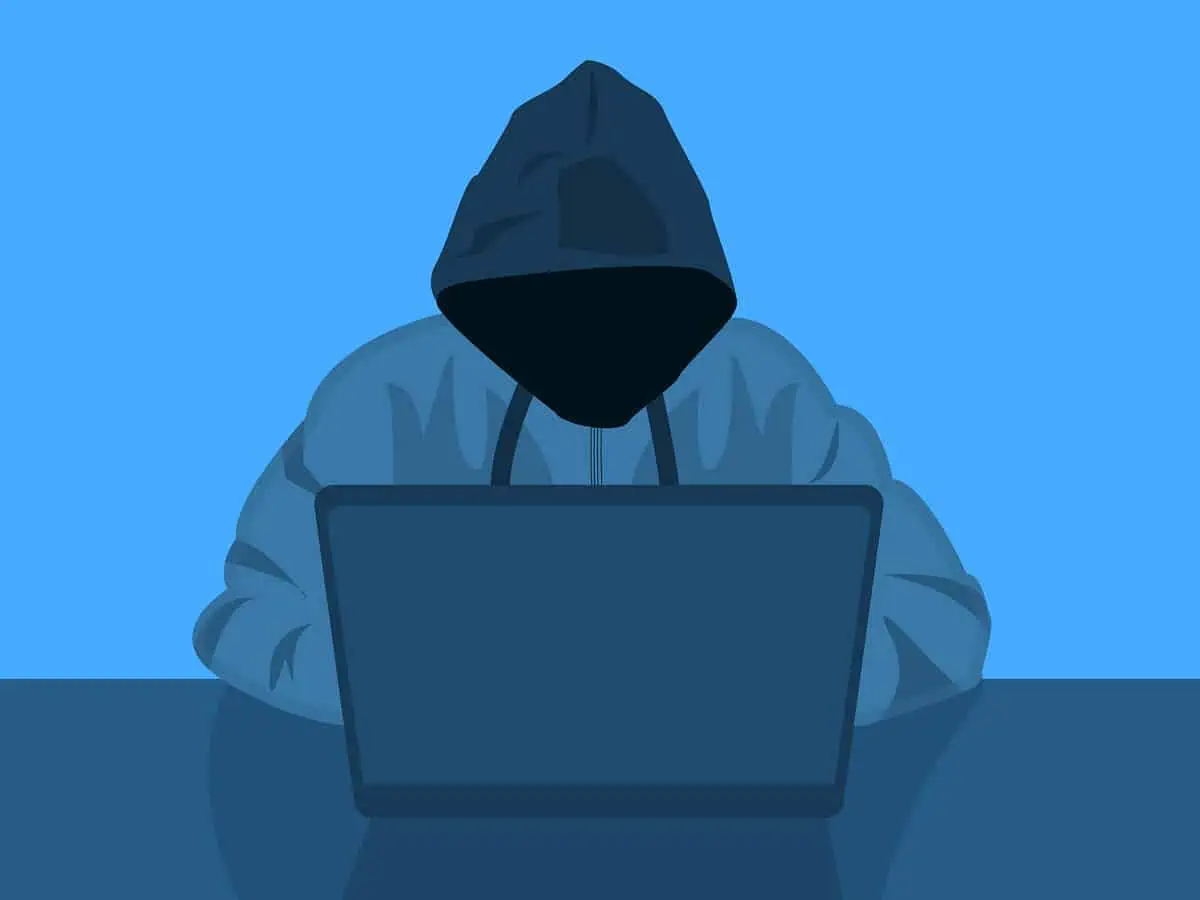
New Delhi: India saw over 400 million cyber threats across approximately 8.5 million endpoints — averaging 761 detections per minute — in 2023 while Surat (15 per cent) and Bengaluru (14 per cent) report the highest number of detections, a report showed on Wednesday.
There were 49 million behaviour-based detections, constituting 12.5 per cent of the total detections, according to the report by the Data Security Council of India (DSCI) in collaboration with enterprise cybersecurity solutions provider Seqrite.
Over 50 per cent of detections are associated with removable media and network drives and nearly 25 per cent of attacks result from clicking on malicious links in emails and websites.
An average of three attacks per month per Android device were observed in 2023.
“Malware stands as a significant threat with cybercrime engineering becoming increasingly intricate with diverse attack methodologies. Additionally, ransomware authors continually evolve their methodologies and employ sophisticated techniques to evade traditional signature-based detection,” said Vinayak Godse, Chief Executive Officer of the Data Security Council of India.
Shockingly, fake and malicious applications hosted on the Google Play Store have been downloaded by millions of users, including SpyLoan apps, fake apps, HidAdd apps, and more, the findings showed.
Ransomware attacks evade traditional signature-based detection techniques to pose a bigger threat which is evident in the malware vs ransomware incident ratio findings, according to the report.
Cryptojacking emerged as a significant threat with over 5.28 million detections in a year.
Trojans (41 per cent) and infectors (33 per cent) contribute significantly to the attack spectrum.
The automobile industry experienced the highest number of detections, followed by the government and education sector.
“Today’s cyber landscape demands collaborative efforts and innovative solutions,” said Vishal Salvi, CEO of Quick Heal Technologies.

